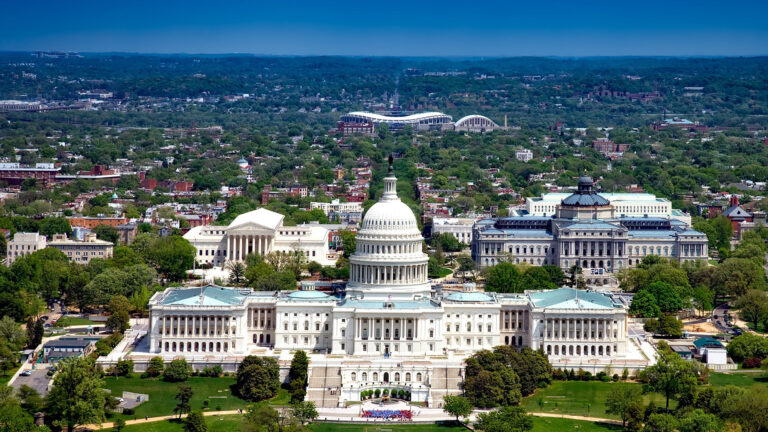By E.E.Okpa, Founder, The Okpa Company
Given the unavoidable impact real estate has on our lives in order to satisfy need for space for various human endeavors, we are all in real estate but few understand what it takes.
Because of the overall impact of real estate, a good portion of our national economic wealth and that of individuals are tied in the sector. There is the physical real estate as well as real property; the two make up investible aspects of this one sector that affects quality of life and standards of living.
In US, where land use and patterns decide quality of neighborhoods, one is often shocked by the huge differences between neighborhoods and how the differences trigger socio-economic conditions that impact Americans.
From zoning regulations to lack of infrastructure, many neighborhoods often are left behind leading to institutional investors hardly investing in affected areas.
Access to capital is often the most limiting factors that lead to differences in what can be invested and types of asset class and where. Whether in low-income or high-income zip codes, affordability leads to buyers buying. However, in US we have taken affordability as relating only to low income and poor neighborhoods. With that mindset the drive to provide inferior quality of real estate is the motivation, which often renders neighborhoods unappealing.
While LOCATION-LOCATION-LOCATION is often the slogan of everyone in real estate, it should be seen as PEOPLE-PLACE-PROJECT.
When real estate providers strive to address PEOPLE PLACE PROJECT, at affordable rate the return often is just as good as investing in the high-income neighborhoods.
In Dallas Texas, there is an area I consider the Dallas Dark Triangle – with a population of more than 200,000, but it lacks quality housing, retail establishments, offices, that goes to enhance quality of life. The DDT is area primarily covered by Zip Codes – 75216, 75215, 75203, 75224, 75232 & 75241.
This type of areas which can be found across US in a similar fashion is often occupied by black and brown citizens and other poor Americans. The challenge for investors, business, civic and local governments is how to address the People Place and Project needs.
Even with many incentives to attract developers they are hesitant going into such areas for obvious and most time wrong perceptions. While the perceptions often are reality, one can carefully do projects that satisfy investors’ expectations. If one builds it right, they will come.
There is no gainsaying the obvious with attitude of institutional investors many minorities are not included in the real estate markets. Take the case of Black America with 13% of US population and annual consumption of more than $1.5T, the exposure in the commercial real estate is less than 5%. The reason for this low participation is not far-fetched.
By increasing institutional investments, the outcome of inclusion and diversity will improve such that local government revenue which often is majority from property taxes and sales will add significantly to the overall – better outcomes.
Institutional issues that limit inclusion and diversity are often linked to:
• Banks and Lending in low-income neighborhoods
• Pensions total overlook
• Weak Enforcement of CRA to boost lending
• Poor infrastructure – in Dallas more than 41% of households do not have access to fixed internet connections. In this age of remote working and e-commerce, it makes it hard to participate. Even getting access to online medical services is seriously hampered due to limited access.
• Transportation and employment centers












